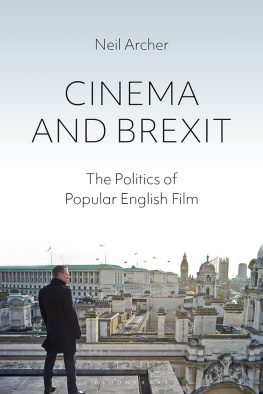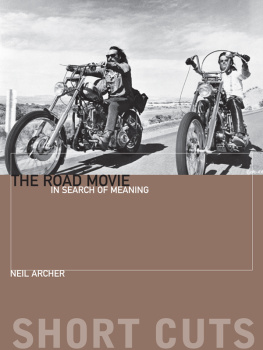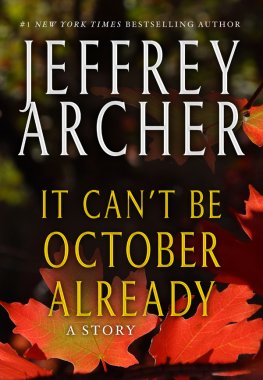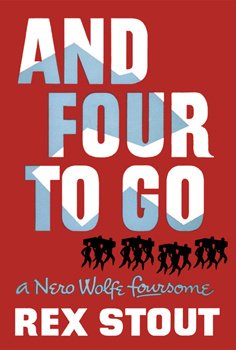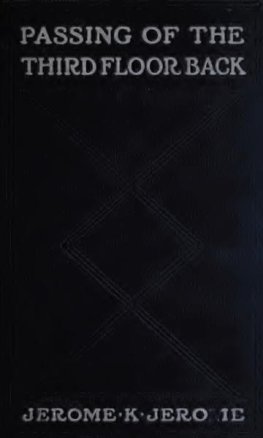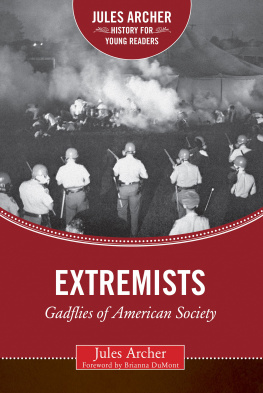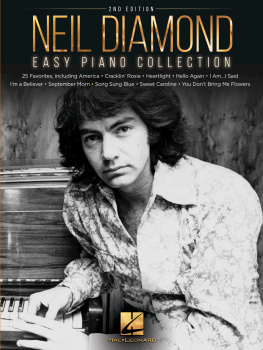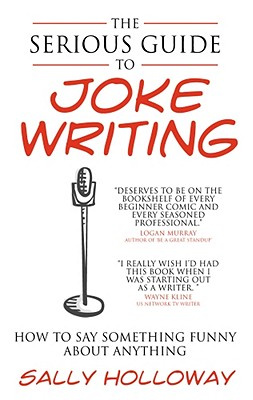Neil Archer is Lecturer in Film Studies at Keele University. He is the author of Studying Hot Fuzz (2015), The French Road Movie: Space, Mobility, Identity (2013) and Studying The Bourne Ultimatum (2012), and co-editor of Adaptation: Studies in French and Francophone Culture (2011). His most recent book is The Road Movie: In Search of Meaning (2016).
An excellent book, well-written and authoritative, with a strikingly fresh agenda.
Charles Barr, Professor, School of Art, Media and American Studies, University of East Anglia
Published in 2017 by
I.B.Tauris & Co. Ltd
London New York
www.ibtauris.com
Copyright 2017 Neil Archer
The right of Neil Archer to be identified as the author of this work has been asserted by the author in accordance with the Copyright, Designs and Patents Act 1988.
All rights reserved. Except for brief quotations in a review, this book, or any part thereof, may not be reproduced, stored in or introduced into a retrieval system, or transmitted, in any form or by any means, electronic, mechanical, photocopying, recording or otherwise, without the prior written permission of the publisher.
Every attempt has been made to gain permission for the use of the images in this book. Any omissions will be rectified in future editions.
References to websites were correct at the time of writing.
Cinema and Society Series
ISBN: 978 1 78453 663 3
eISBN: 978 1 78672 090 0
ePDF: 978 1 78673 090 9
A full CIP record for this book is available from the British Library
A full CIP record is available from the Library of Congress
Library of Congress Catalog Card Number: available
Typeset by Out of House
Halfway through The Trip to Italy (2014), the film and BBC series directed by Michael Winterbottom, actors Steve Coogan and Rob Brydon, playing fictional versions of themselves, are enjoying a drink in Rome. Coogan laments the invasion of the Italian capital by tourists, in the spirit of his literary hero Byron, whose footsteps the two men are following on their trip. Brydon reminds him that they are themselves embodying the democratisation of modern travel. Arent they, Brydon asks, merely doing the same thing that E. M. Forsters Europhile protagonists were doing a century previously?
Emma (Coogans PA): Yeah, look at Room with a View
Coogan: With Daniel Day-Lewis, who used to be posh, before he became Irish.
Brydon [adopting aristocratic accent]: Ah, Miss Honeychurch, I wondered if you might allow me the privilege of joining you for dinner on the palazzo this evening
Coogan: Why are you doing Hugh Grant?
Brydon: Im not doing Hugh Grant; Hugh Grant would be, Ah, gosh, Miss Honeychurch, I-I-I wondered if you might, uhh, as it were, join me, uhh, this evening
Coogan: It sounds a lot like your Day-Lewis, only half an octave up.
Brydon: And a little bit taller; I went taller as well, I straightened my back
Coogan [adopting Northern Irish accent]: I spent fifteen years of my life in prison for something I didnt do! I saw my father die in prison, for something he didnt do!
Brydon: Daniel Day-Lewis is Ronan Keating in: Boyzone: The Movie!
Coogan: That was Gerry Conlon, from the Guildford Four
Brydon: Was that after Westlife?
This sequence encapsulates what happens in The Trip to Italy, as its two mimics drive and eat their way around the country, reeling off as they do a host of impersonations Marlon Brando, Al Pacino, Woody Allen, and of course Hugh Grant, to mention only a few linked at best tangentially to Italy, but who are all connected by cinema: cinematic performances that have been repeatedly watched and listened to, preserved in the mind, then re-performed with (mostly) consummate mimetic skill by two British comics on holiday. But it also, in turn, sums up what Winterbottoms film is really about: the fascination with other films, and other voices; the impossibility of escaping these voices as they take over our own words; what it means to talk about being original in a world where everything, it seems, has been done, seen and screened.
What is so unexpected, though, about The Trip to Italy is that we havent seen much like it on film before. There are plenty of films, English ones included, that look and sound like ones we have seen already. Critics and analysts of film often call this style pastiche; a concept to which we will turn at more length later. What is different in The Trip to Italys cinephile borrowings is that they are never subsumed into a consistent and coherent narrative and style. When Coogan and Brydon chat in the style of Batman and Bane from The Dark Knight Rises (2012), competing to see who can be least intelligible, they remain a pair of comic actors and impressionists, imitating two frankly ridiculous voices, sitting in a restaurant somewhere between Genoa and La Spezia.
When the subject of imitation is as clearly marked as it is here, we move towards the comic mode most frequently identified as parody. As this book will explore, parody is a key practice in English film and television comedy, with The Trip to Italy, in fact, being just one of the more recent examples. Impersonation can be a form of parody in the way it highlights the excesses or peculiarities of a particular voice: Pacinos huskily mannered line deliveries; the weirdly sonorous inflections of Roger Moore; Day-Lewiss chameleon leaps from Edwardian aesthete to imprisoned Ulsterman (In the Name of the Father [1993]) to US President (in Lincoln [2012]). It can in this respect be cruel or mocking, as in the unsparing comic assault on Tom Hardys gagged, gas-masked villain in the Batman film. But imitation, as the saying goes, is also a form of flattery, requiring as it does that the performer literally impersonates; in other words, that they take in or assume the character of their subject, whose uniqueness usually motivates their imitation in the first place. To impersonate is also, in this way, to love even Bane.
The Trip to Italy is also, in this way, unsparing of Coogan and Brydon themselves, hopelessly unable as they are to speak in their own voices. But this is both the dilemma and the pleasure of the film itself, which can never escape its dependence on other films. Echoes of past films acknowledged by its travellers and occasional companions The Godfather (1972), Roman Holiday (1953), Roberto Rossellinis Voyage to Italy (1954), Federico Fellinis La Dolce Vita (1960) haunt The Trip to Italy, just as the gestures and voices of actors present and past ghost their way through the performances of Coogan and Brydon.
In the end, it is this knowingness about its own place in cinema history that makes The Trip to Italy so interesting; especially as it is also self-questioning about its place as a national work of film and television. As much as its own dynamic duo take inventive comic shots at the superhero blockbuster, its comic targets, and its own frames of self-reference, include as shown above such archetypal English products as




